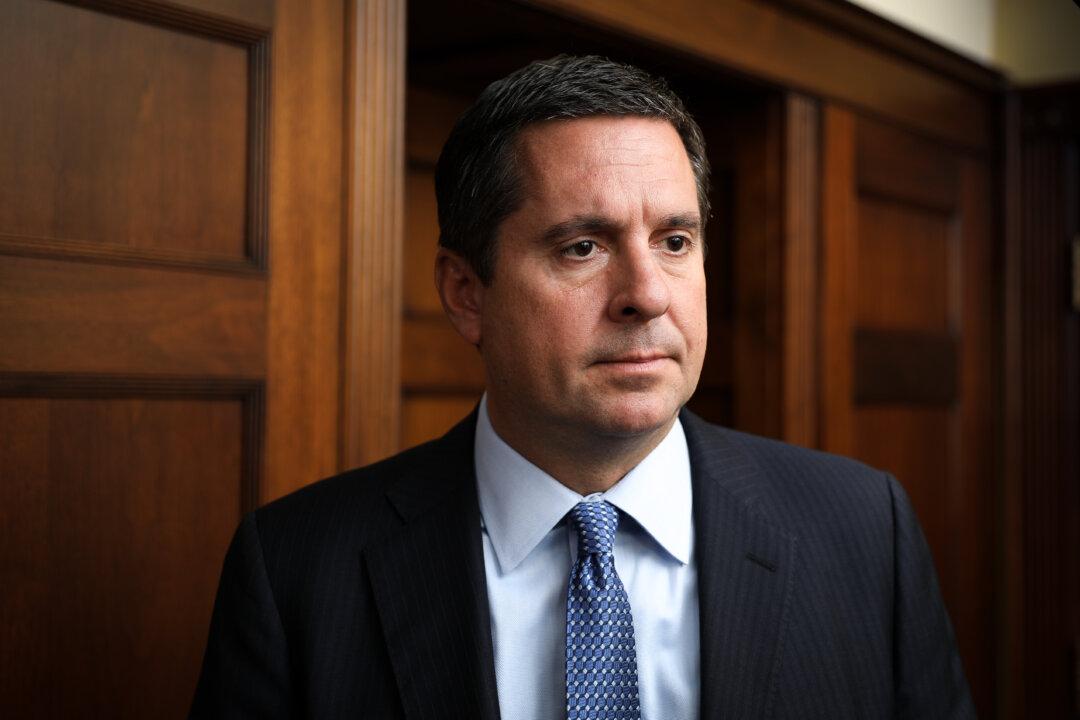The case of ex-Hillary Clinton campaign lawyer Michael Sussmann revealed key details about the campaign’s efforts to seed claims about Donald Trump and the FBI’s treatment of those claims, former Rep. Devin Nunes (R-Calif.) says.
“This was a really important case that got brought in D.C.—even with the verdict—because we learned so much,” Nunes, now the head of Trump’s social media company, told NTD—part of the Epoch Media Group—hours after Sussmann was acquitted.






